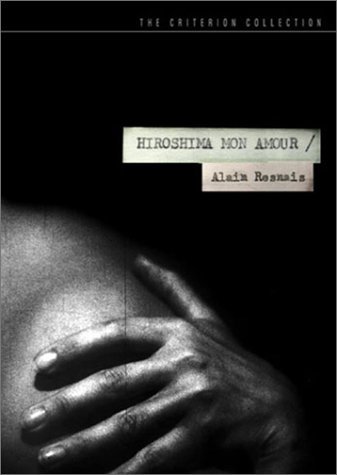"Nothing but the truth" is a political thriller that upsets your normative assumption on American democracy and civil liberty. It is based on a real event about the prosecution of a journalist for releasing intelligence information with regard to national security. The balance of "First Amendment" against "national security" is clearly tipped towards the latter. National security and cultural treason trump freedom of information and civil autonomy.
What is ridiculous in this fictional story is that the perceived national threat is actually a little girl, the daughter of the CIA agent, who later got killed by a hyper-nationalist right-wing idiot. The journalist who reported the case has to bear the unintended consequences of her acts. Besides the issue of the encroachment of civil liberty, it also delivers the message that sometimes the scope of consequences of our choices is not within our control and that it is best not to be over-confident on certain risky choices that we are not certain of. It is true that the magnitude of risk is proportional to that of consequence (good or bad). But as one of the commentators wrote on thelastpsychiatrist's blog,
"All of our actions have a blast radius, and other human beings are in it. Other human beings, not just long, repetitive strings of common organic molecules."
Well said indeed, and well filmed in this movie. Rachel Armstrong is every way as righteous a journalist as she is a good mother. She believes in telling the truth, in confronting the bullies, and has every bit of faith in the democratic legal system of her country. She is admirable but too ignorant of the consequences of her choice. Not only did she spend a year in jail, she also sacrificed her personal life on top of another 2 years sentence in prison. But the personal cost is not as gigantuan as the cost of the little girl who could not have borne the fact the her innocent act of tattletale indirectly is the cause of her mother. Perhaps the Chinese proverb says it better than anything: 我不殺伯仁,伯仁卻因我而死。
This reminds of the scene in "Good Will Hunting" where the genius protagonist Will Hunting was offered a government job for some oil companies and he declined after a prognostic imagination of the complexity of the job position. As the saying goes, "caution is the parent of safety".

